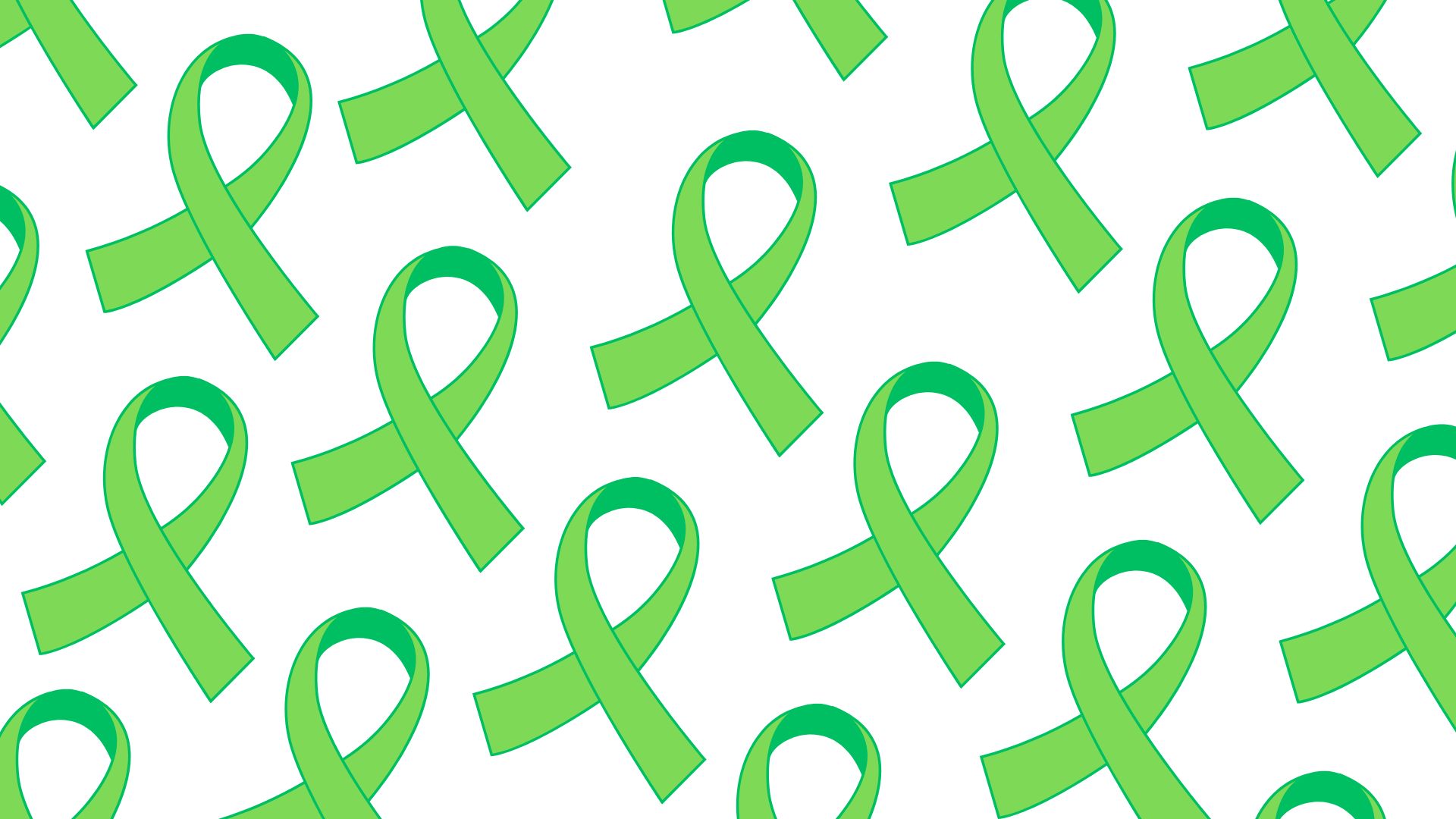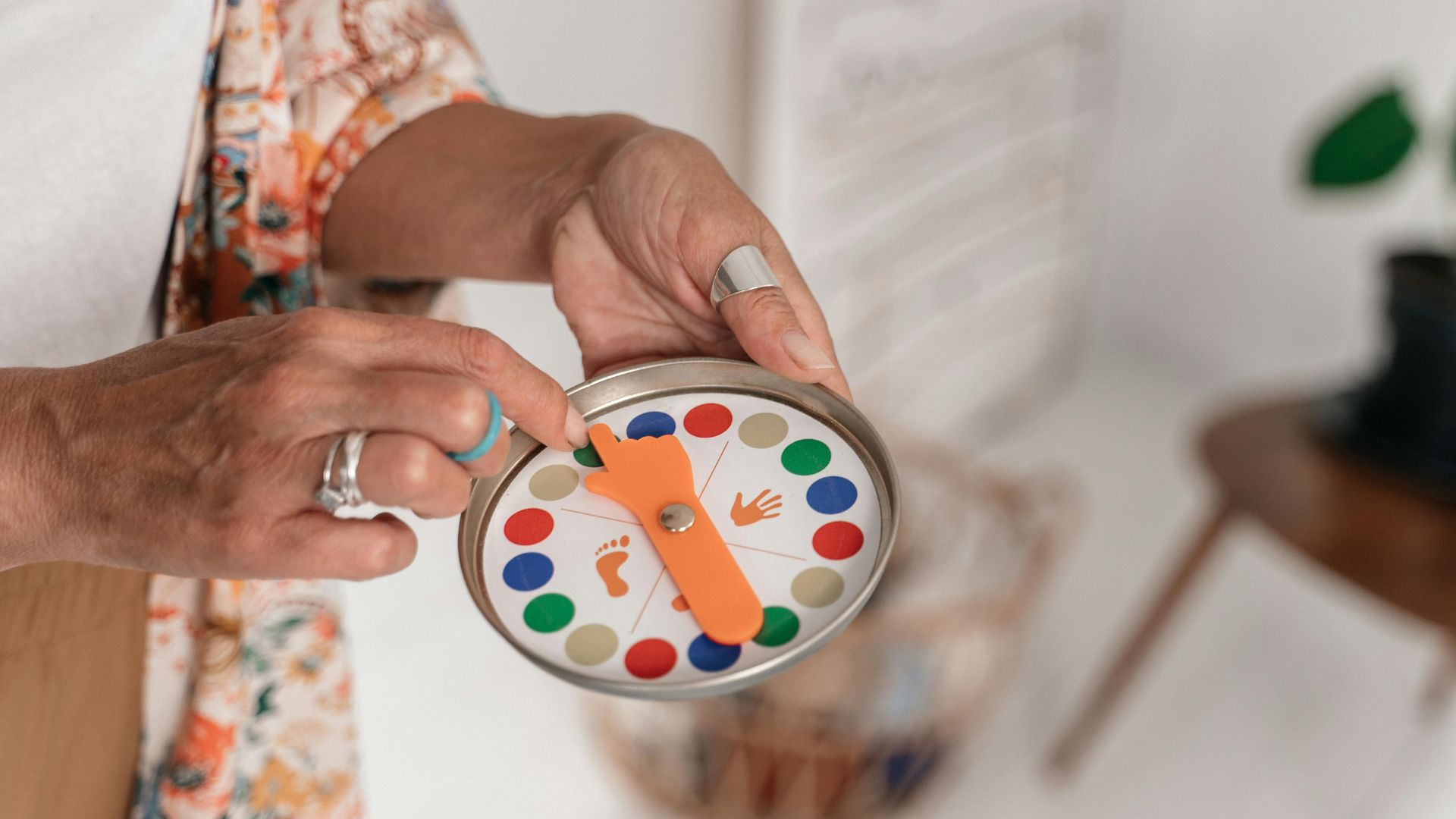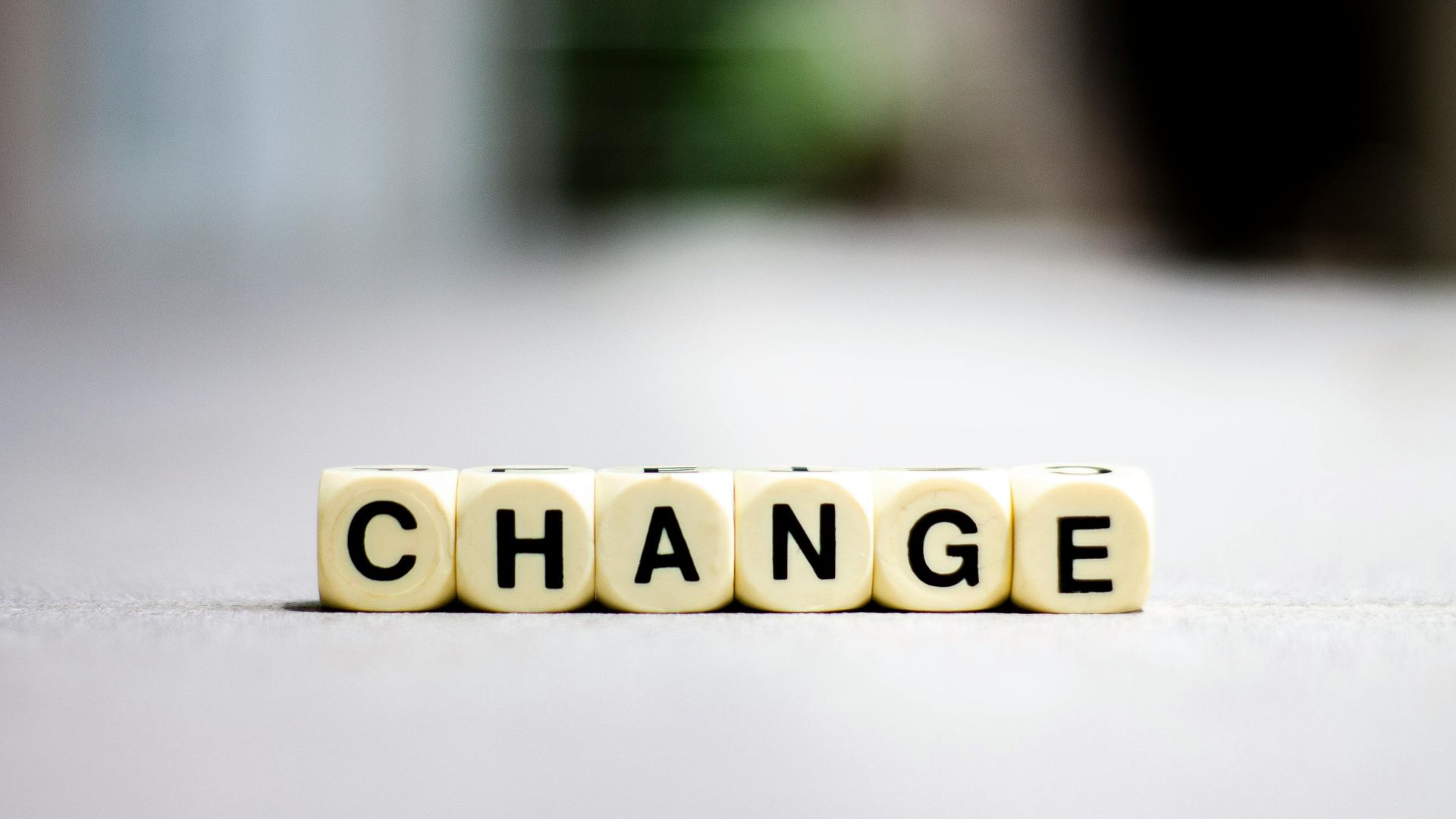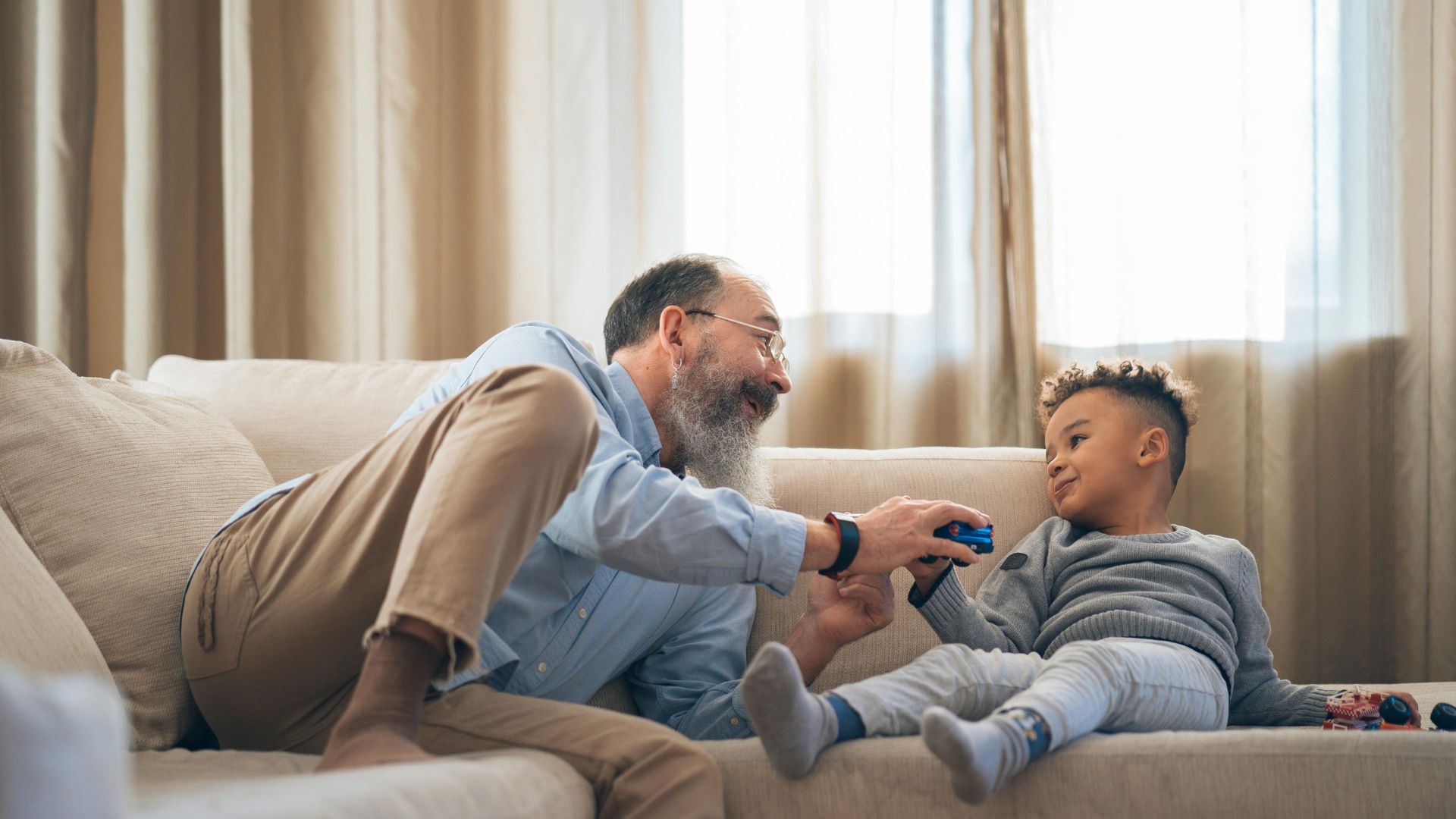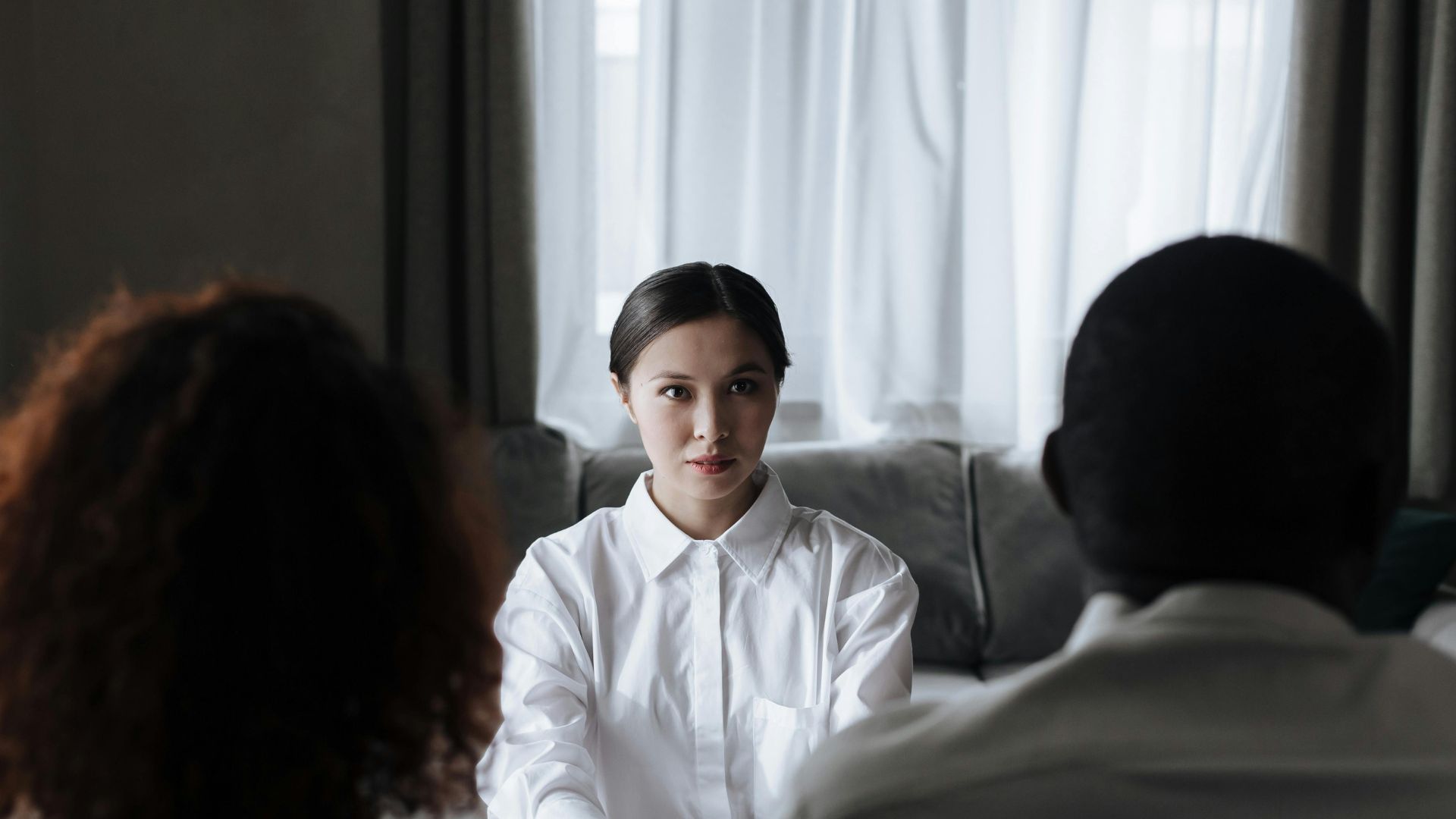Should I Stay…Or Should I Go?
by Katya Musacchio, MS, LPCA
It’ been nearly a month since CT began Phase 1 of its reopening plan. The re-openings coupled with the alluring arrival of summer have left many of us struggling with the same question posed by the 1980s British punk rock band, The Clash: Should I stay or Should I Go? Only, for us, the question is whether to stay at home or go to that family picnic, the hairdresser’s, or back to the office? It seems just as we were settling in to our respective quarantines, the rules changed again. We are faced today with a new set of decisions that feel weighty, loaded and with potentially large consequences. So how do we support ourselves and our clients when facing these tough questions?
When and to what to degree one begins to reintegrate back into their community will be different for everyone.
As is usually the case with difficult decisions, there isn’t one, absolute correct answer. Understanding and truly accepting this is key. The decision of how/when/and to what degree one begins to reintegrate back into their community will be different for everyone. I, for one, find myself beginning many of my text messages to friends and family with phrases like “If you are comfortable with…..” For some individuals the isolation brought about by the quarantine has had serious, adverse effects on mental health. When weighing the decision to return back to in-person social interaction, the negatives of remaining strictly quarantined may outweigh the positives. Financial stresses brought on by loss of work may provide increased incentives to return to work. For those who have compromised health, remaining in a stricter quarantine may feel like the best choice for them. Helping clients identify their priorities and determine their personal comfort levels will be key.
There is inherent risk in our world and attempts to achieve absolute certainty will lead to increased anxiety.
Another point that we and our clients must understand is that there is no certainty that our decisions will keep us safe. There is inherent risk in our world and attempts to achieve absolute certainty will lead to increased anxiety. A rigid mindset that believes there is one decision that will necessarily keep you safe can lead to a kind of paralysis. Some folks might engage in endless online research, make constant revisions of pros and cons lists, or seek out opinions and advice from others, etc. But, as we know, there are still so many unknowns with regards to the virus. Some research and discussion can support informed decisions. But put limits on this. As LMFT Jennifer Shannon pointed out, seeking out certainty in our decisions can lead to what she refers to as a “monkey mind” in which clients exhaust themselves in search of the best, safest decision (Shannon, 2017).
…encouraging and reinforcing a more flexible mindset will help reduce anxiety.
The uncertainty surrounding our collective situation can be incredibly stressful and uncomfortable. But, encouraging and reinforcing a more flexible mindset will help reduce anxiety. Perhaps breaking down big decisions into smaller, less overwhelming decisions will help ease the client into the process. For instance, do I return to work? Perhaps making a decision to go back into the office one day a week will allow them to test out their comfort levels. Must a decision be made immediately? Perhaps holding off on making a definite decision will give the client anxiety reducing space. This will enable them to make a rational decision that feels right for them. A decision made about engaging in certain activities is not written in stone. You can always adapt or tweak your decision, which builds an ability to be flexible and resilient. It also allows one to realize that they can cope with decisions they make even when the outcomes aren’t perfect. Perhaps after going over to a friend’s home, you realize you are only comfortable with outdoor gatherings where you can keep six feet distance?
Our clients are the experts of their own experiences.
Finally, making well-informed decisions is important. However, research also shows us that our logical, conscious brain does not always lead to a better decision. Studies have shown that our logical brain sometimes causes us to distrust our instinctual, subconscious brain function, even when that portion of our brain is leading us towards a better decision (Nieuwenstein et. al, 2015). Trusting our gut and allowing instinct to play a role in our decision making process is important. Our clients are the experts of their own experiences. We must meet them where they are and encourage them to trust in their ability to make choices and decisions that work for them.
Written by Katya Musacchio, LPCA, NCC
Sources:
Nieuwenstein, M., Wierenga, T., Morey, R., Wicherts, J., Blom, T., Wagenmakers, EJ., van Rign, H. (2105). On making the right choice. Judgment and Decision Making, Vol. 10, No. 1, January 2015, pp. 1-17.
Shannon, Jennifer (2017, July). How to help clients who have difficulty making decisions: increasing tolerance for uncertainty. Quick Tips for Therapists. Retrieved from: https://www.newharbinger.com/blog/how-help-clients-who-have-difficulty-making-decisions-increasing-tolerance-uncertainty



